- About Us
- Legal Services
- Family Law
- Property
- Marriage
- Immigration
- Contact
- Payments
So we are going to explain to you the Thailand factory license process. If you are going to start a business in Thailand then you will get a good overview of the basics for starting a business that requires a factory license or other permits. Take an overview of the regulations including the Factory Act as well as the zoning laws. You will need to pass an inspection to check for compliance. So we will look at the types of factories as well as industrial regulations.
The Factory Act in Thailand ensures that businesses comply with regulations. These can be health, environmental as well as the health and safety standards. There is also a section on the zoning laws for business. We explained the different zones in Thailand. The examples give you an idea of the zoning such as industrial and mixed use. The zoning will depend on the size of the business as well as the type of business. Likewise you can judge what type of business can open in a mixed use zone.
Firstly we also highlight was the Board on Investment in Thailand does. There are benefits when it get BOI acceptance. The aim of the BOI is to encourage investment. Lastly there are non-taxable and taxable benefits, empowering investors to maximize returns.
There is also a view on factory zoning and land-use regulations. This is normally important for the government for proper urban planning. We have also broken down the different zones which will dictate permissible factory types. Lastly there is also an article which we wrote on the enforcement mechanisms to ensure compliance.
We also cover the fiferent factory types. We have added 6 articles on this to give you an idea as to how this would be done. This is a basic overview and far more complex to complete compared to the explanations we gave. There are the mom and pop type business that are Type 1 businesses. Normally they do not get registered. The Type 2 factory would include more complex business as we explained the bakery production and furniture manufacturing as they require more compliance. Thirld there are the Type 3 factories which must be registered. These article on the automotive parts and food processing plants being used as an example.
Lastly we explained the Industrial Estate Authority of Thailand (IEAT) which oversees the development of industrial parks, offering ready-made infrastructure.
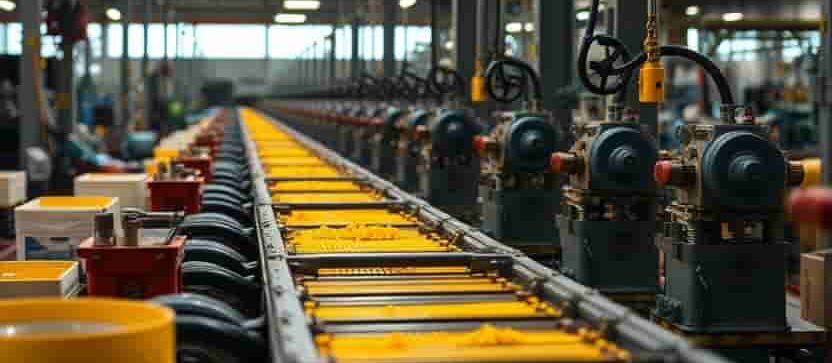
Factory Act, B.E. 2535 (1992)
The Factory Act covers running a factory while in Thailand. This section of the Act covers the actually day to day running of the factory under the law. Speak to a lawyer about this. From Sections 32 – 44.
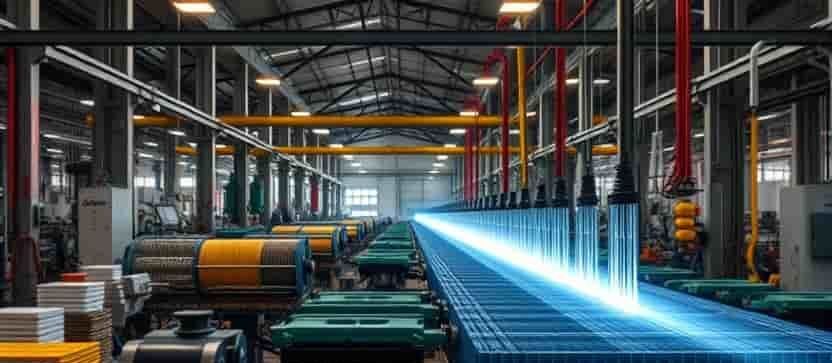
Factory Act, B.E. 2535 (1992)
You will see what is needed when you run a factory in Thailand. This covers the supervision of the factory in Thailand. See what the laws are when you manage a factory in the country. From Sections 7-30.
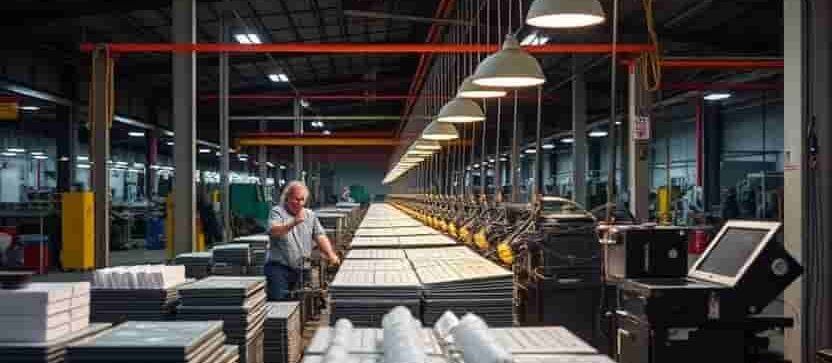
Factory Act, B.E. 2535 (1992)
When you break the law there will be penalties for these. See what the penalties are when you break the laws governing the Factory Act. Speak to a lawyer about this. From Sections 45-68.

Considering starting a factory in Thailand. Consider a law firm who can assist you with your business registration as well as the factory license.
We will take a look at the Factory act in Thailand. These include the zoning laws as well as the regulations for these business. Likewise the Board of Investment looks at investment and allocated incentives for these. We also look at the establishment of industrial parks under the Industrial Estate Authority of Thailand (IEAT). Lastly we shows the basic of navigating the complex permits, licensing as well as compliance. This guide should give you some confidence for your investment.
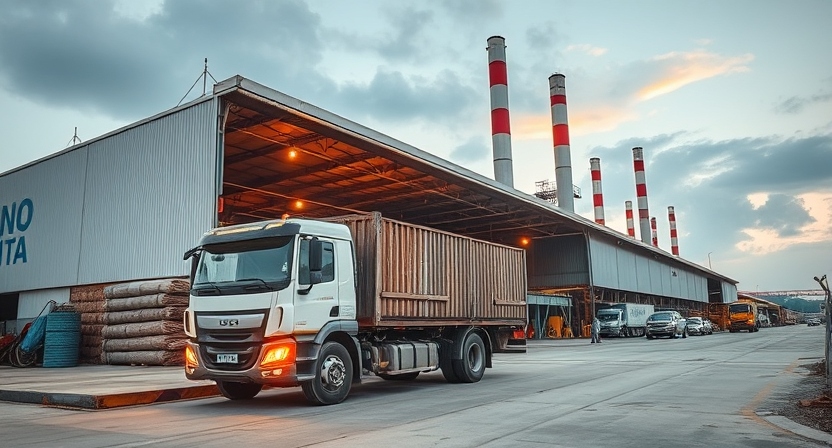
If you are going to start a business in Thailand. Understand what the Factory Act states. Likewise there are zoning laws which need to be viewed based on the size of the factory and type. Some can use mixed zones.
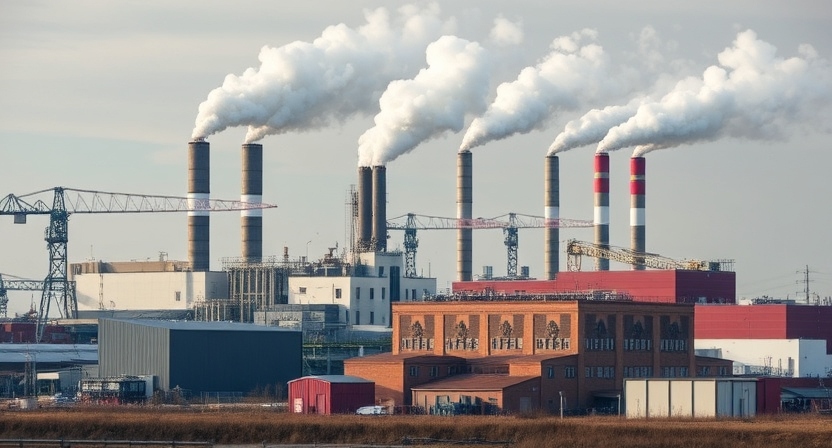
See the history of zoning in Thailand as well as the zoning laws for your factory. We also cover urban planning as well as the different zones in the country. Likewise permits and enforcement of the zones.

See the incentives of the Board of Investment in Thailand. The history of the BOI as well as how they attract investment into Thailand. See what the non-taxable incentives are as well as the non-taxable incentives.
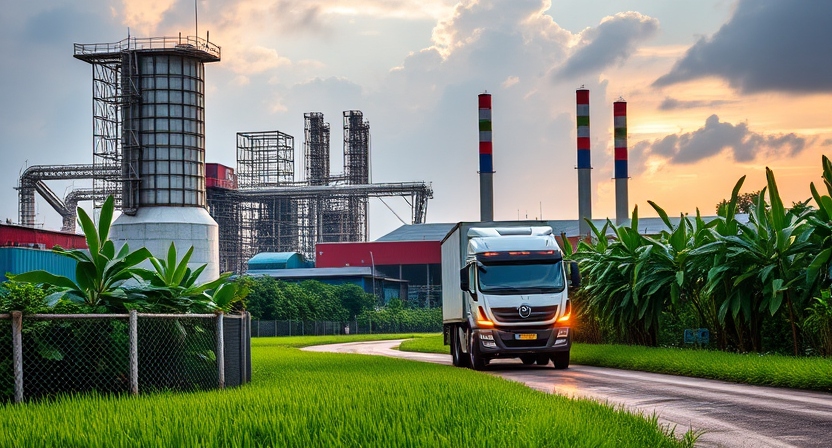
See the history of the Industrial Estate Authority of Thailand (IEAT). See what they do as well as the industrial parks which they manage. We gave 10 examples of the well-known one as there are too many to list.
We explore the different types of factories in Thailand. These are examples of the three types of factories. You can have a basic idea on the licensing process as well as all the legal processes to setup a factory. These range from small family business types to large industrial scale factories. So if you are starting new or scaling up your current factory, you will understand what is need. You will need to ensure compliance with Thailand’s industrial standards.

This is a very basic factory. It does however produce soap which contains with chemicals. You will need to look at the types of ingredients (Cosmetic Act) as well as get approved outside of the factory itself.

The manufacture of jewellery comes with its own set of laws. There is noise, waste as well as dust issues that will need to be looked at. Lastly the factory itself will need to ensure complies with the relevant laws.
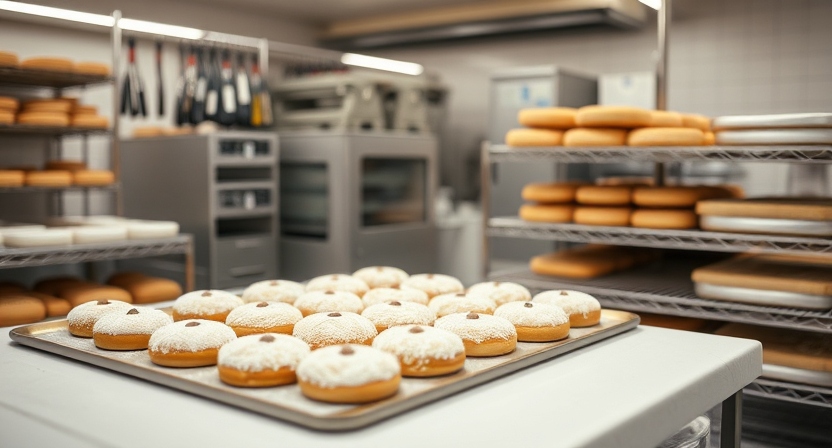
The manufacture of food is another major issue as it is not a Type 1 factory. Selling food to the public needs compliance with a number of laws such as the Food Act and well as the Factory Act as an example.
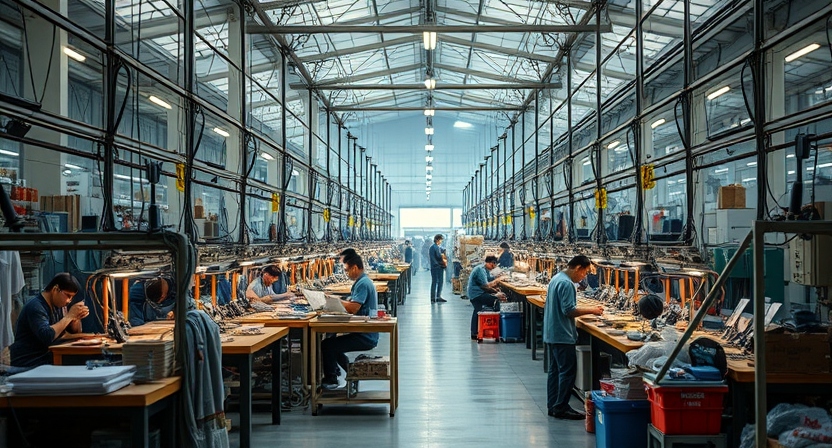
This is another factory which is a Type 2 factory. Here you will have mainly issues with noise, dust as well as waste. Fire prevention is also an issue as well as worker safety. You will need to comply with these laws.
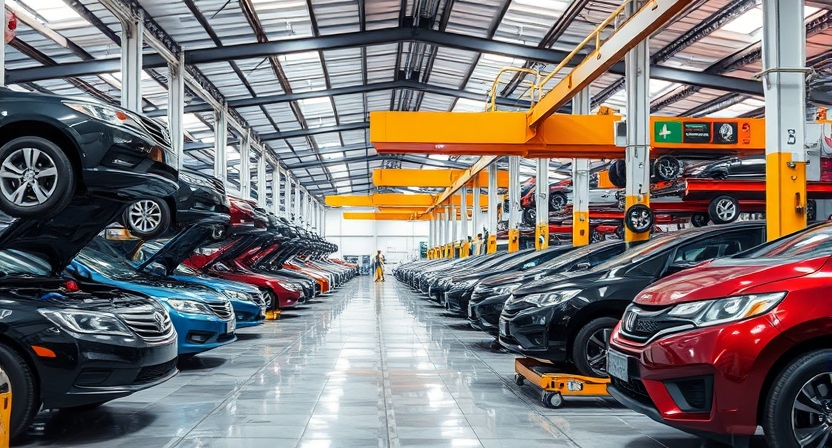
The auto parts or Type 3 factory is very complex. We cover the use of machinery as they have to comply with the laws. See the type you are allowed to use as well as the zoning laws for the location.

This is an example of a food processor. There are many permits that are needed as it is food and has to comply with the Food Act as well as other laws. The factory license is only one part of the registration process.
The information contained in our website is for general information purposes only and does not constitute legal advices. For further information, please contact us.
